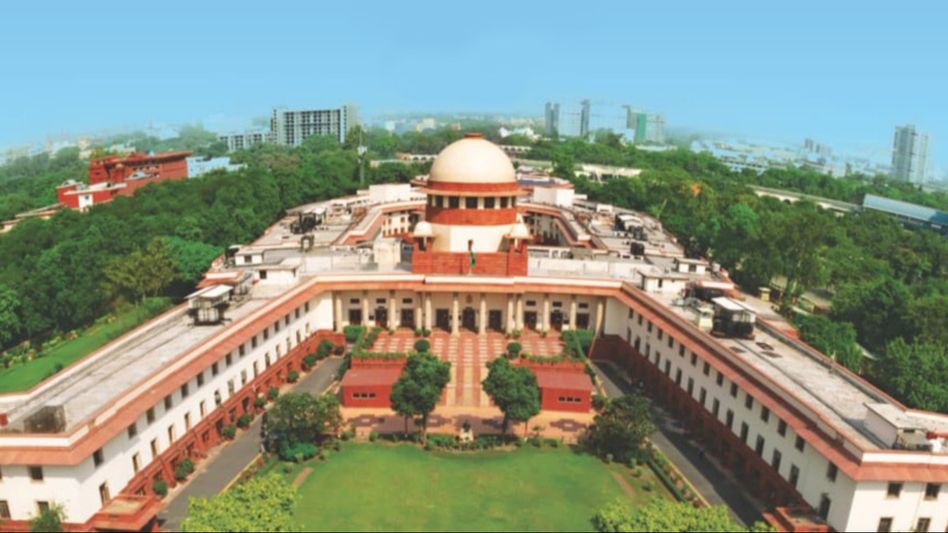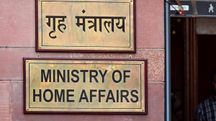Supreme Court to hear pleas seeking stay of CAA rules on March 19
The Supreme Court of India on Friday announced its decision to hear pleas seeking a stay on the Citizenship (Amendment) Act, 2019 on March 19.

The Supreme Court of India on Friday announced its decision to hear pleas seeking a stay on the Citizenship (Amendment) Act, 2019 on March 19.
The law, which was implemented by the Bharatiya Janata Party-led Central government on Monday, allows for the provision of citizenship to undocumented non-Muslim migrants from Pakistan, Bangladesh and Afghanistan who entered India before December 31, 2014.
This comes four years after the law was passed by Parliament in December 2019. The announcement of the Act has incited criticism from Opposition leaders, who have labelled the notified rules as 'unconstitutional', 'discriminatory' and a violation of the 'secular principle of citizenship' embodied in the Constitution.
Also Read: CAA not applicable in Northeastern regions with special rights: Amit Shah
Earlier, Union Home Minister Amit Shah clarified that the Citizenship Amendment Act (CAA) will not be implemented in the Northeast regions where special rights have been granted.
He stated that the CAA has no connection with the National Register of Citizens (NRC) and will be implemented in Assam and other parts of the country.
The regions exempt from the CAA are those with the provision for the Inner Line Permit (ILP) and those granted special status under the 6th Schedule of the Constitution.
On implementation of CAA in Assam and the link between CAA and NRC, Union Home Minister Amit Shah says "The NRC has nothing to do with the CAA. CAA will be implemented in Assam & other parts of the country. Only the States in the North East where two types of special rights have been granted, only those areas will not implement CAA. This includes the areas where there is a provision for the Inner Line Permit (ILP) and the areas that are granted special status under the 6th Schedule of the Constitution."
Copyright©2026 Living Media India Limited. For reprint rights: Syndications Today









